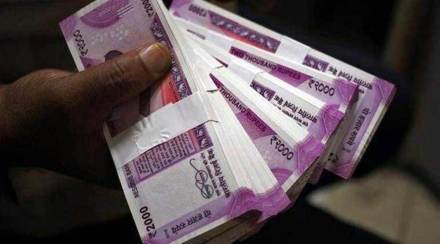Flipkart has partnered with ICICI Lombard to offer Hospicash insurance to consumers. Compared to the standard indemnity health insurance policies, Hospicash is a benefit that will allow consumers to avail a fixed amount for each day of hospitalization.
The fixed daily amount will enable consumers to pay for incidental medical or emergency expenses. The insurance is made paperless, and flexible, covering both accidental hospitalizations or planned surgeries and treatment.
According to a study by Union ministry of statistics and programme, the direct average out-of-pocket expenditure during hospitalization in India ranges between Rs 4,452 to Rs 31,845 for a person, whereas the average loss of income due to hospitalization is estimated to be around Rs 8,164, stating that Indians incur significant expenses during hospitalization.
Hospicash insurance will provide cover to consumers for hospitalization with daily cash benefits starting from Rs 500. The Hospicash insurance policy offered by ICICI Lombard provides consumers with an extra allowance to not just cover emergency medical expenses’ but also travel and post-discharge costs and compensation for loss of income during hospitalization.
Sanjeev Mantri, Executive Director, ICICI Lombard says, “With Flipkart, we will be able to reach the online-savvy consumers and meet their needs towards securing themselves and their loved ones during exigencies. Hospicash insurance is an affordable and convenient offering that can help consumers meet their daily incidental expenses during hospitalization. This is in line with our brand ethos of Nibhaye Vaade to go the extra mile to handhold customers during their hour of need.”
Ranjith Boyanapalli, Head – Fintech and Payments Group, Flipkart, says, “As consumers increasingly understand the importance of health insurance, we want to ensure that Flipkart is their one-stop solution to provide the services for a holistic health protection plan. With Hospicash insurance, consumers can now safeguard themselves against overhead charges which can often result in unnecessary draining of savings.”
